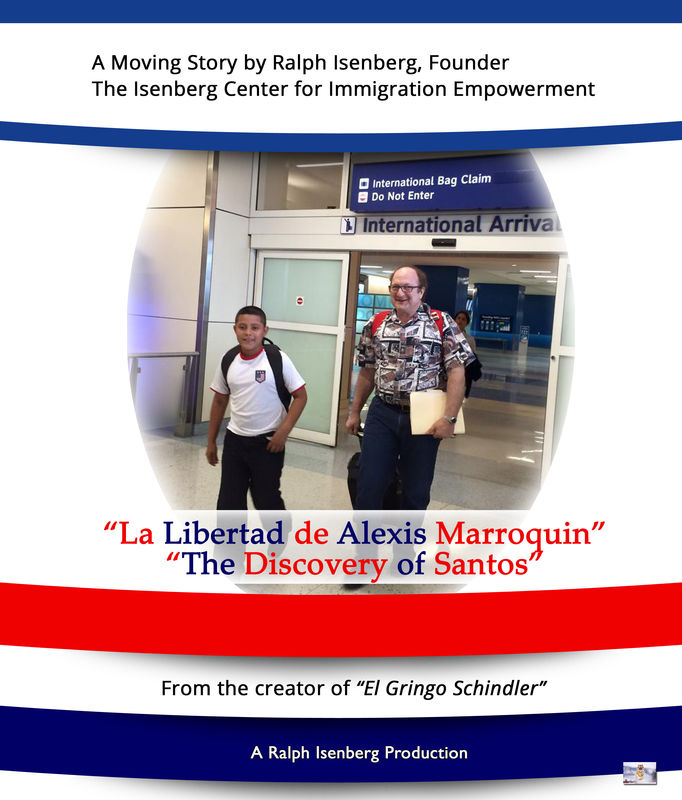 Refugees, immigrants and immigration in general have been an extremely important topic in the last couple of years. With the political instability in certain parts of the world, many people are left struggling to survive. It is often forgotten that bullets and bombs are not the only cause for this struggle. People need economic stability, jobs, schools, infrastructure, safety for their children and families so they can live normal and healthy lives. This economic instability is the number one reason for immigration from different countries around the world, and El Salvador is one of the leading countries by the sheer number of immigrants. Being a part of the Organization of American States, it is only normal for people from El Salvador to look up to USA for a better life. Families get separated, parents working illegally for minimal wages so they can hope to reunite with their children in the States. And why do they have to do it illegally? Because the USA has time and again showed its bigotry when it comes to immigrants – they are quick to criticize other countries’ relationship towards immigrants, but aren’t prepared to deal with immigrants themselves. And when we take into account that the USA was founded by immigrants, the bigotry is even bigger. How are people from El Salvador today different from the pilgrims that came to America on the Mayflower, beside, you know, not having the murderous intent to conquer the lands?
Refugees, immigrants and immigration in general have been an extremely important topic in the last couple of years. With the political instability in certain parts of the world, many people are left struggling to survive. It is often forgotten that bullets and bombs are not the only cause for this struggle. People need economic stability, jobs, schools, infrastructure, safety for their children and families so they can live normal and healthy lives. This economic instability is the number one reason for immigration from different countries around the world, and El Salvador is one of the leading countries by the sheer number of immigrants. Being a part of the Organization of American States, it is only normal for people from El Salvador to look up to USA for a better life. Families get separated, parents working illegally for minimal wages so they can hope to reunite with their children in the States. And why do they have to do it illegally? Because the USA has time and again showed its bigotry when it comes to immigrants – they are quick to criticize other countries’ relationship towards immigrants, but aren’t prepared to deal with immigrants themselves. And when we take into account that the USA was founded by immigrants, the bigotry is even bigger. How are people from El Salvador today different from the pilgrims that came to America on the Mayflower, beside, you know, not having the murderous intent to conquer the lands?
“La Liberacion de Alexis” points out all of these problems through the story of one boy, Alexis, who found himself in the cross-hairs of someone else’s conflict, separated from his parents and the rest of his family and in danger of losing his life. It took Isenberg Center for Immigration Empowerment more than 9 months of red tape war to get all the appropriate permits to bring the boy to USA. Through this almost movie-like real life story, the viewer can’t help but ask him/herself – are we really that self-entitled to believe that we are better than someone else, have more right for a decent life than someone else, just because we had the luck to be born in the USA or UK or Germany? Why are we so afraid of the “others”? Is it because we are frightened that they are going to be more hardworking or able to lead better bussinesses and earn more than us? Or is it because we don’t want our children to hang out with „them, even form multiethnical families with „them“? How is that different from the believes the Nazis had when they planned and executed genocides?
Although the movie doesn’t offer any solutions for this problem, it instigates us to use our common sense and try to conquer the unjustified fear and see the immigrants for they truly are – normal people trying to live a better life. Only when we finally stop stereotyping, fearmongering and deciding peoples worth sticktly based on the color of their skin or the name of the country written in their birth certificate can we hope to put the wars behind us.
